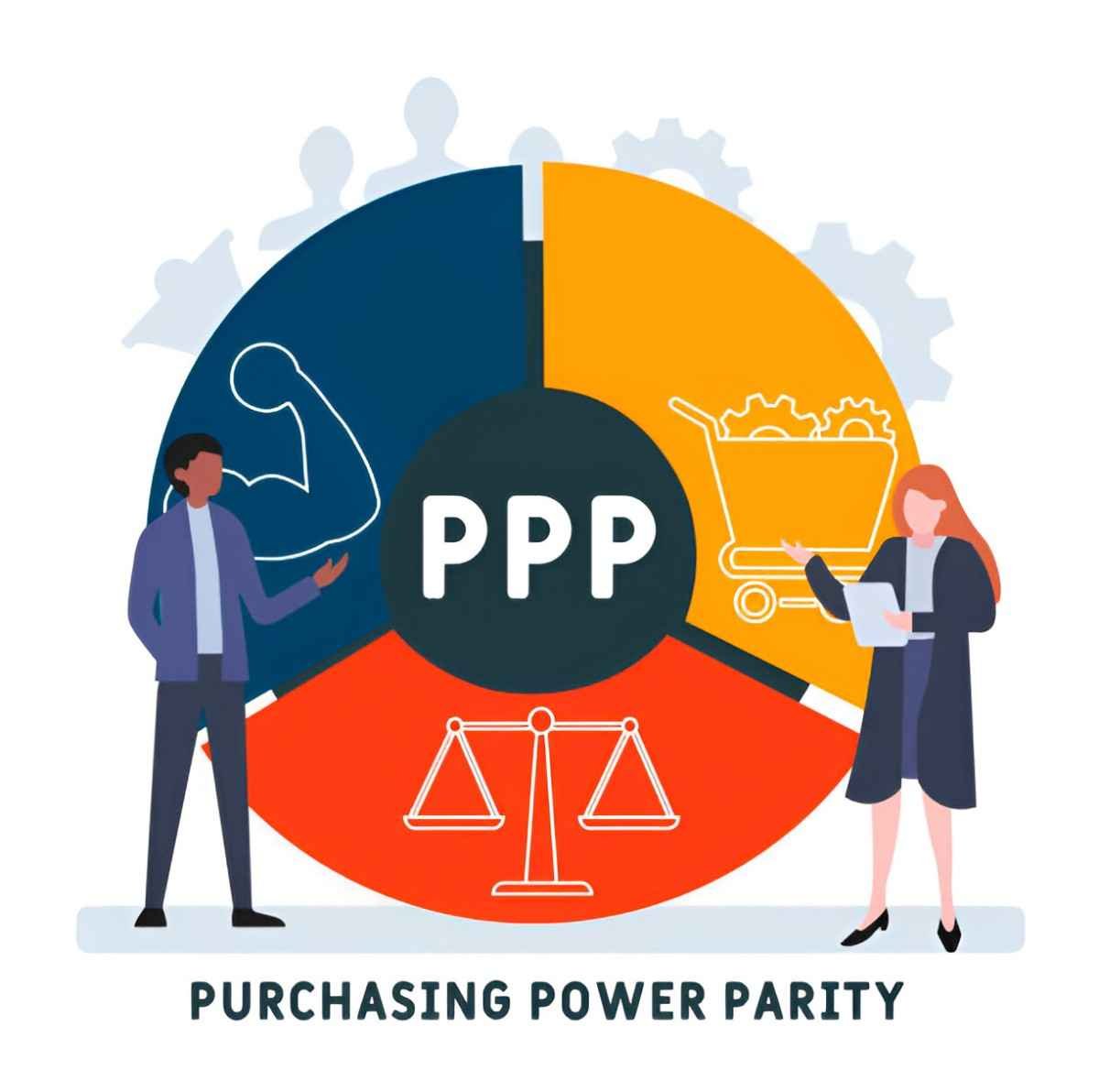Real Asset Pricing Theory: An In-Depth Exploration
Real Asset Pricing Theory (RAPT) is a vital area of finance that explores how the value of real assets—such as real estate, commodities, infrastructure, and natural resources—can be determined in the financial markets. Unlike traditional financial assets like stocks and bonds, real assets are typically less liquid, have more complex risk factors, and are influenced […]
Real Asset Pricing Theory: An In-Depth Exploration Read More »








![The Theory of Quantitative Easing (QE) TypeError Bh(...) is not a constructor at Ah (httpsaccountend.comwp-includesjsdistblock-editor.min.jsver=f231d517e98fd9d2c4e521310328) at httpsaccountend.comwp-includesjsdistblock-editor.min.jsver=f231d517e98fd9d2c4e521584107 at Array.reduce (anonymous) at httpsaccountend.comwp-includesjsdistblock-editor.min.jsver=f231d517e98fd9d2c4e521583960 at httpsaccountend.comwp-adminload-scripts.phpc=0&load%5Bchunk_0%5D=jquery-core,jquery-migrate,utils,wp-dom-ready,wp-hooks&ver=6.7.2123083 at httpsaccountend.comwp-adminload-scripts.phpc=0&load%5Bchunk_0%5D=jquery-core,jquery-migrate,utils,wp-dom-ready,wp-hooks&ver=6.7.2123176 at ax.Wr [as save] (httpsaccountend.comwp-includesjsdistblocks.min.jsver=8474af4b6260126fa879198408) at save (httpsaccountend.comwp-contentpluginsseo-by-rank-mathincludesmodulesschemablockstocassetsjsindex.jsver=1.0.239113315) at Qr (httpsaccountend.comwp-includesjsdistblocks.min.jsver=8474af4b6260126fa879198853) at Zr (httpsaccountend.comwp-includesjsdistblocks.min.jsver=8474af4b6260126fa879199234)](https://accountend.com/wp-content/uploads/2025/03/TypeError-Bh.-is-not-a-constructor.jpg)

